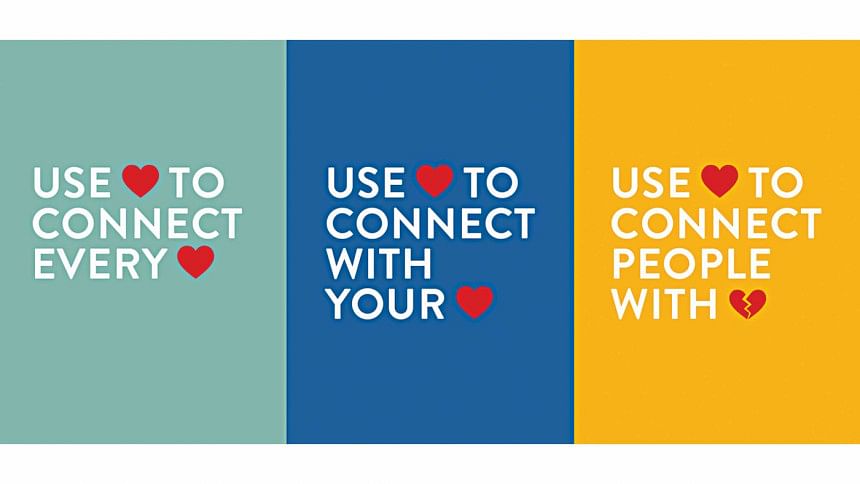Ways to keep your heart healthy

'Use heart to connect'— this year's theme that encapsulates the values of World Heart Day this year. The World Heart Federation organises World Heart Day on September 29 every year to emphasise the importance of being active and staying informed about cardiovascular health and diseases.
Worldwide, World Heart Day educates people about avoiding and controlling cardiovascular disease (CVD), which kills 18.6 million people every year. Preventing heart disease and stroke mortality is the goal of the campaign, at least 80% of premature deaths from heart disease and stroke could be avoided.
COVID-19 poses a double-edged hazard to CVD patients. They are more prone to serious viral infections but may be reluctant to seek ongoing heart care.
Cardiovascular diseases include blood clots, cardiomyopathies, cardiac arrest, high blood pressure, stroke etc. The risk factors that lead to cardiovascular diseases include a sedentary lifestyle, obesity, smoking, alcohol intake, bad cholesterol, high blood pressure etc.
If you have an underlying health condition, such as heart disease, heart failure, diabetes, high blood pressure or obesity, do not let COVID-19 stop you from attending your regular check-ups.
World Heart Day has decided to bring to mind how one can take care of the heart with one's own heart:
Know your heart
Here we like to emphasize how knowing one's heart is essential and requires understanding the risks you are prone to. This would involve getting back on track, visiting the doctor and knowing where you stand.
Fuel your heart
Eating healthy is one of the most important steps towards ensuring that the heart is fueled with clean energy. Omega-3 rich fish, nuts, berries, oats and legumes are some of the easily available foods that one can consume to ensure the heart's good health.
Move your heart
This is another key measure required to ensure that the heart stays healthy and hale. Remaining active, breaking a sweat and staying fit through exercises and yoga is another way one can ensure good health.
Love your heart
While it is next to impossible to stay away from fast food, mostly because of the erratic work timings and schedules one follow, it is important to:
• Eat a healthy diet, which emphasises fruits, vegetables, whole grains, poultry, fish and low-fat dairy food. It is essential to take plenty of potassium, which can help prevent and control high blood pressure. In addition, eat less saturated fat to prevent the development of atherosclerotic cardiovascular disease.
• Decrease the salt in diet. A lower sodium level — 1,500 mg a day — is appropriate for people 51 years of age or older and individuals of any age who are black or have hypertension, diabetes or chronic kidney disease. Otherwise, healthy people can aim for 2,300 mg a day or less.
• Maintain a healthy weight. Keeping a healthy weight or losing weight can help to control high blood pressure, lower your risk of related health problems, and keep the heart healthy.
• Increase physical activity. Regular physical activity can help lower blood pressure, manage stress, reduce the risk of several health problems and keep weight under control. For most healthy adults, it is recommended that you get at least 150 minutes a week of moderate aerobic activity or 75 minutes a week of vigorous aerobic activity, or a combination or moderate and vigorous activity.
• Stop alcohol intake.
• Do not smoke. Tobacco injures blood vessel walls and speeds up the process of hardening of the arteries.
• Manage stress. Reduce stress as much as possible. Practice healthy coping techniques such as muscle relaxation, deep breathing or meditation. Getting regular physical activity and plenty of sleep can help, too.
Hence, the World Heart Day celebration plays a very important role in changing all of this. It is a crucial global platform that people can use to raise awareness and encourage individuals, families, communities and governments to take action.
Together everybody has the power to reduce the premature deaths from, and burden of, cardiovascular diseases, helping people everywhere to live longer.
The writer works at the Department of Cardiology at Bangabandhu Sheikh Mujib Medical University, Dhaka. E-mail: [email protected]

 For all latest news, follow The Daily Star's Google News channel.
For all latest news, follow The Daily Star's Google News channel. 



Comments